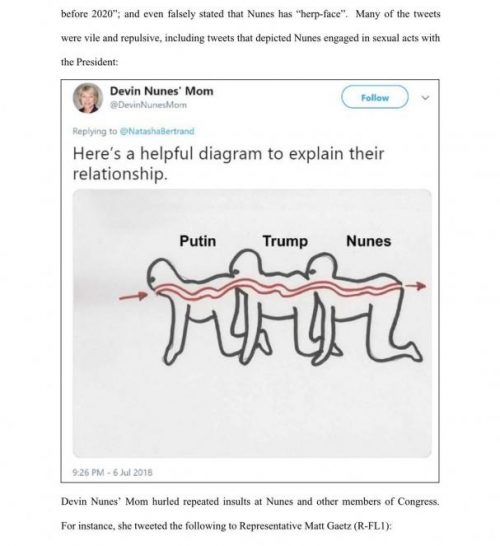Marcelo Gleiser has been awarded the Templeton Prize. When asked what he’d done to deserve it, his answer was his belief in humility, which is pretty darned unhumble, if you ask me. Especially since he then goes on to make some arrogant pronouncements.
I honestly think atheism is inconsistent with the scientific method. What I mean by that is, what is atheism? It’s a statement, a categorical statement that expresses belief in nonbelief. “I don’t believe even though I have no evidence for or against, simply I don’t believe.” Period.
But he has no problem with those people of faith, like the Templeton people who awarded him this great lump of money, who think, “I do believe even though I have no evidence for my beliefs, simply I do believe.”
He also gets atheism wrong. Of course there are a lot of dogmatic atheists who are all about simply refusing to believe and think that is sufficient, but a lot of us are instead making a point that is implicit in Gleiser’s own words: that evidence is important. An idea must have concordance with our observations of the world. An atheist is simply someone who has certain expectations and standards for sweeping declarations of how the universe works, and rejects the poorly supported assertions of religion…and further, sees no hope of progress in understanding from the mystical approach.
It’s a declaration. But in science we don’t really do declarations.
Oh, bullshit. Here are some declarations.
Vaccines are effective in the prevention of disease.
The Earth is a sphere, moving through space in compliance with laws of celestial mechanics.
“There is grandeur in this view of life, with its several powers, having been originally breathed into a few forms or into one; and that, whilst this planet has gone cycling on according to the fixed law of gravity, from so simple a beginning endless forms most beautiful and most wonderful have been, and are being, evolved.”
“I honestly think atheism is inconsistent with the scientific method.”
We say, “Okay, you can have a hypothesis, you have to have some evidence against or for that.” And so an agnostic would say, look, I have no evidence for God or any kind of god (What god, first of all? The Maori gods, or the Jewish or Christian or Muslim God? Which god is that?) But on the other hand, an agnostic would acknowledge no right to make a final statement about something he or she doesn’t know about. “The absence of evidence is not evidence of absence,” and all that. This positions me very much against all of the “New Atheist” guys—even though I want my message to be respectful of people’s beliefs and reasoning, which might be community-based, or dignity-based, and so on. And I think obviously the Templeton Foundation likes all of this, because this is part of an emerging conversation.
No, the Templeton Foundation likes that because they favor and promote the hypothesis that there is a god, and agnostics like you are a useful tool for making excuses that their beliefs are rational and supported by the evidence.
A scientist (and an atheist) can make the declaration that a particular hypothesis is incoherent and unsupported by any plausible evidence. We do all the time. Those “New Atheist” guys are all happy to say that all you have to do is clearly define what you mean by “god” (first point of failure: no religion does) and provide reproducible evidence for this being (second failure), and they’ll listen and revise their beliefs accordingly. That the godly have consistently failed spectacularly in accomplishing either of those aims is actually pretty good evidence that they’re making it all up.
Gleiser is willing to admit there is “no evidence for God or any kind of god”, but he is too chickenshit to draw any rational conclusion from that. He’s also unwilling to ask the next question that follows — “So why do you believe in a god?” — and drill down into what the actual mechanisms behind this unsupported belief might be, which makes his unwillingness to pursue the truth incompatible with the scientific method. I’ve always thought that method involved questioning everything, but he seems to think it stops at the point where it makes big-money donors uncomfortable.







